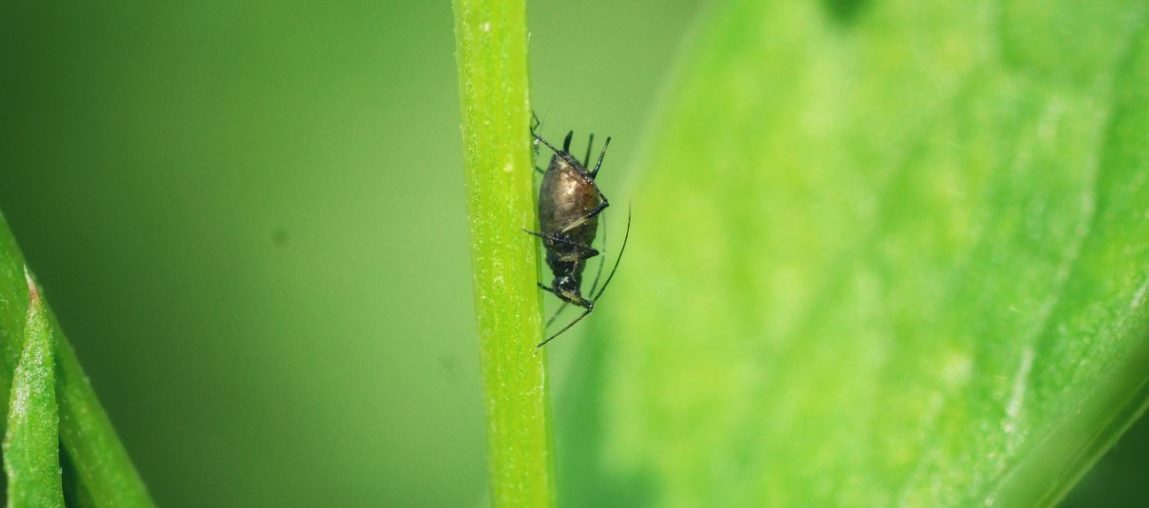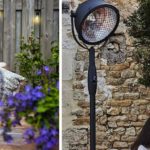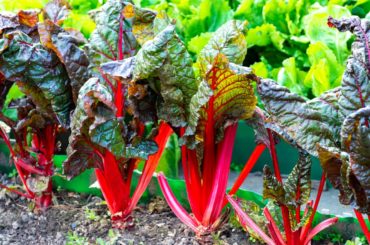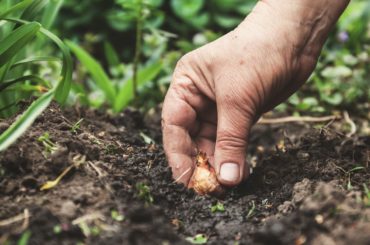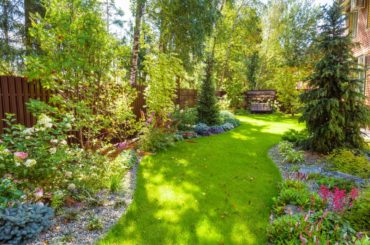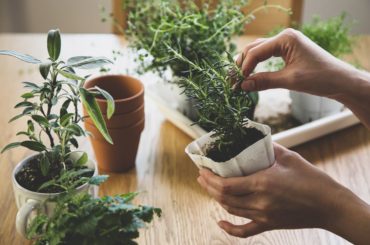Aphids: who are they?
Aphids are small, six-legged insects that measure no more than 4 millimeters. There are aphids of almost all colors: blue, yellow, black, purple, pink, green with or without wings. They feed on the sap of plants that they manage to pump through their rostrum.
If in Europe, there are 900 species of aphids, it is 4,700 species that live in the world. Faced with such figures, fighting against these pests may seem futile. This insect proliferates at lightning speed, you should know that most females will reproduce without even having been fertilized.
When there are many of them on the leaves of a plant, they weaken the plant and it will be more susceptible to disease, but this is not the only negative effect. The leaves twist and fall. And since she often suffers from fungal diseases, she can die.
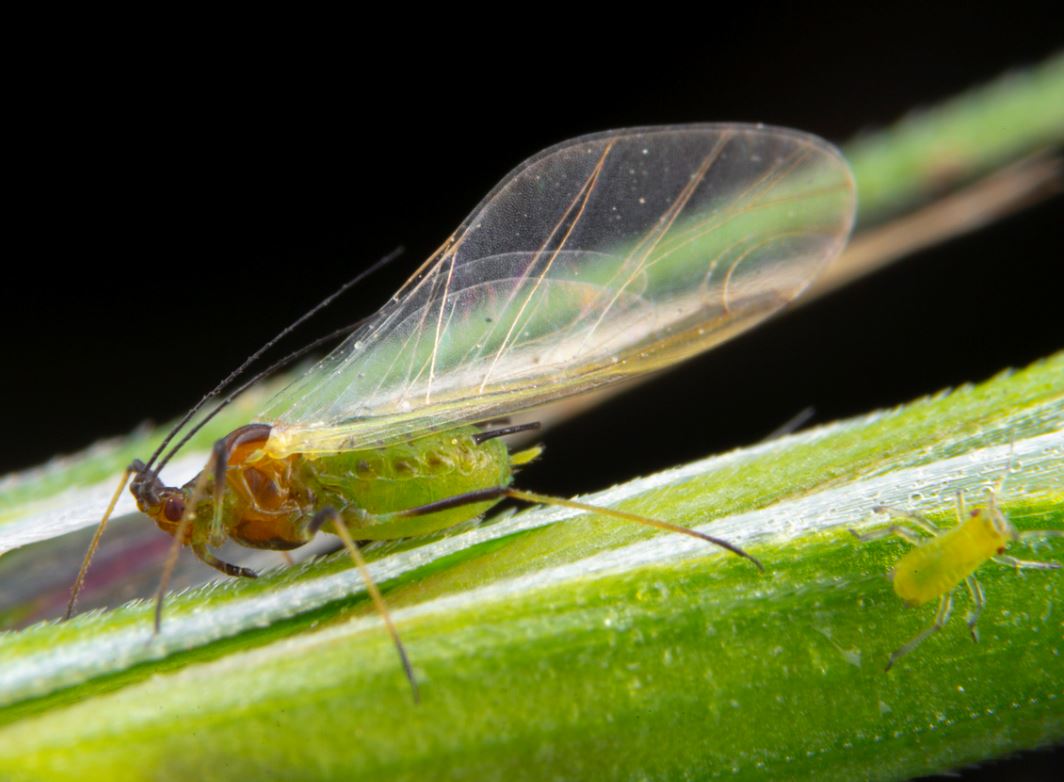
Why should you pay attention to the dosage of black soap?
Black soap is used as a wetting agent and as an insecticide. As a wetting agent, it reinforces the effectiveness of certain treatments by preventing it from being leached too quickly. It will then be dosed differently at the rate of one teaspoon per liter or one tablespoon per liter for the black soap paste.
For aphids, what interests us is its insecticidal action. It works in the following way: it paralyzes the respiratory function, once it penetrates the cuticle of the insect. The results are quite quick, a few hours are enough after spraying. The aphids then turn into small blackish heaps, they are dead, like eggs and larvae.
However, you have to be careful with the dosage, if it is too large, it risks weakening the plant and if it is not dosed enough, it will not overcome these pests.
Once you are done with the preparation, let it cool, then put it in a sprayer. You will then apply it to the stems and leaves without forgetting their backs. This is usually where aphids make their home in large numbers. It is necessary to soak the foliage of product. Be careful and try to avoid the flowers.
This operation is done in the evening and at a temperature of 20 ° C maximum so that the leaves do not burn under the effect of the sun and the heat. Do not treat your plants in rainy weather of course! Wait 24 hours and rinse your plants with fresh water to remove dead insects.
Using a mist or sprayer prevents you from putting too much product, which would be harmful to your plants.
The application can be renewed every 10 or 15 days if necessary. The goal being that the aphids disappear completely.
The dosage of black soap to overcome aphids
In the garden, you use the household black soap that you use in the maintenance of your interior. It is perfectly natural, without additives and completely biodegradable. Use the most natural black soap possible for your garden. Warning: some products are well rated “black soap”, they contain it, but it is not pure black soap. It is therefore not the one that is recommended in the garden.
Opt for the liquid form which is simpler to use, easy to dilute and dose.
The dosage will be assessed according to the quantity of water, itself adapted to the number of plants affected, as well as to the severity and importance of the attack. Note that once the mixture is made, it does not keep indefinitely. It is best to make it as you need it.
With black soap in its liquid form:
It is recommended to practice a 5% dilution. Depending on the density and the soap concentration, the most suitable dosage is usually three to four tablespoons per liter of hot water. This corresponds to 45 to 60 ml. You can also dose it with the cap, at the rate of three or four caps.
For larger quantities : plan between 450 and 600 ml of black soap, to be completed with water, for a 10 liter container.
With black soap in its solid form:
Soft black soap is actually a dense, dark paste. With a spoon, take 50 grams of soap that you dilute in 100 to 200 ml of very hot water. Then complete with cold water to obtain one liter.
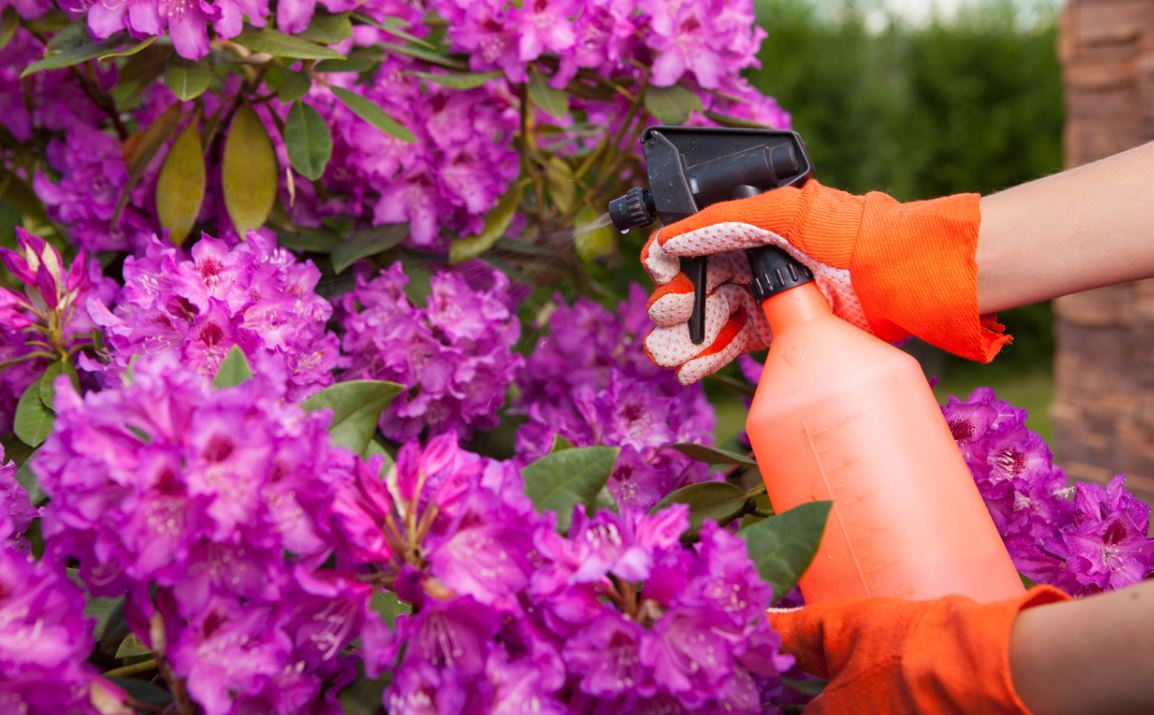
Efficiency that is beyond doubt
It is very difficult to put aphids to flight when they start to invade the vegetable patch, the orchard or your pleasure garden. No matter what species you are dealing with, it forms colonies that produce honeydew. Honeydew is actually the excrement that they release after swallowing the sap. This is then harvested by the breeder ants. The substance causes the onset of diseases such as sooty mold.
It is therefore necessary to clean the whole of the plant and the black soap makes it possible to remove the clumps very easily. It also has the advantage of not being harmful to the soil and to humans. It does not destroy biodiversity and in particular auxiliaries such as ladybirds.
Black soap: for which plants?
You can use it perfectly on various plants by being careful, especially when it comes to fruits and vegetables. They should be washed with care before eating them. Aromatic plants that are too fragile for this product should not be treated.
The rosebush or oleander : These two plants, especially their young shoots, attract aphids because they are full of sap. Know that you can avoid invasions or reduce them by using less fertilizer.
Fruit trees : Aphids love pear and apple trees in particular, especially the green apple aphid and the woolly aphid.
The cherry tree : it is the preferred target of the black aphid which attacks the twigs of the tree.
The tomato : the aphid likes tomato plants which it readily attacks.
Other solutions to drive away aphids
Nasturtium is a plant that aphids particularly like. If you plant some in your garden, they will forget about your fruits and vegetables.
Garden auxiliaries are predators for aphids, ladybugs in particular, are incredibly effective, introduce them into your garden, they will clean your roses from aphids.
Repellent plants such as basil, mint, thyme, watercress, dill or marigold scare away these undesirable people who cannot stand their smell. Plant it to ward off aphids.
Read also :


